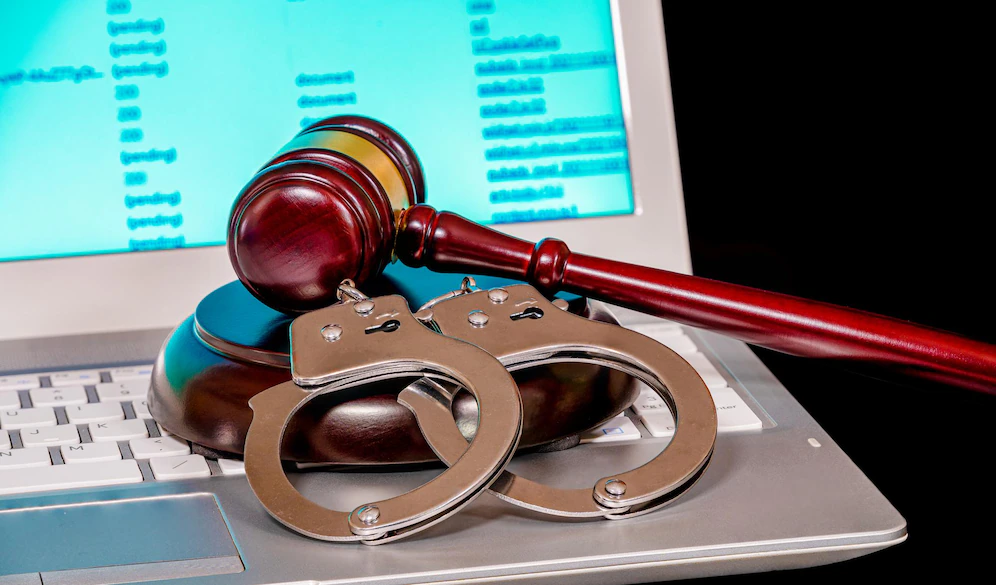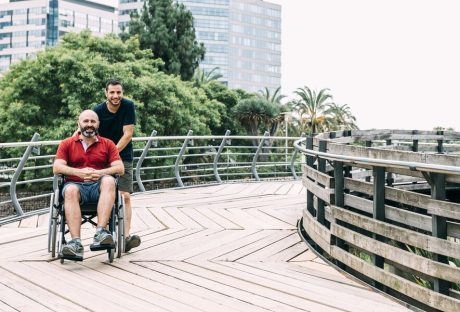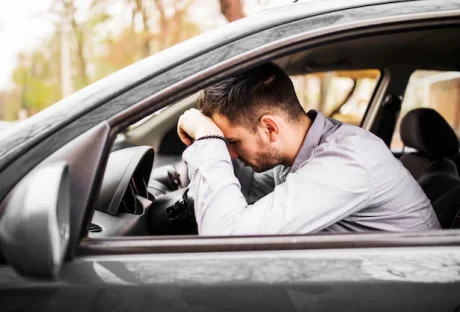In a world where justice is paramount, accusations of sex crimes are among the most serious and emotionally charged. However, it’s essential to remember that accusations can be false, and innocent lives can be profoundly affected by such allegations. If you or a loved one is facing false sex crime accusations, the importance of a robust defence cannot be overstated. This article delves into the crucial strategies for building a strong defense against false sex crime accusations, ensuring that justice prevails and truth prevails.
Selecting A Defense Attorney Who Specializes In Violent Crimes False Allegations
One of the pivotal steps in securing a solid defense is choosing the right legal representation. A skilled attorney can mean the difference between an unjust conviction and a favorable outcome. When it comes to defending against false sex crime accusations, enlisting the expertise of a violent crime defense lawyer is of paramount importance. These legal professionals specialize in navigating the complexities of violent crime cases, which often involve intense emotions and intricate legal procedures.
Gathering Alibi And Witness Evidence
To counter false accusations, collecting strong alibi and witness evidence is critical. Establishing that you were not at the alleged location during the time of the incident can be a compelling defense strategy. Reliable alibis supported by concrete evidence, such as surveillance footage, credit card receipts, or eyewitness accounts, can significantly weaken the prosecution’s case. A skilled defense attorney will work tirelessly to gather and present this evidence effectively, casting doubt on the validity of the accusations.
Dissecting Inconsistencies In The Accuser’s Testimony
Inconsistencies in the accuser’s testimony can be a powerful tool in your defence arsenal. Memory can be fragile, and emotions surrounding a traumatic event can lead to varying accounts. A meticulous analysis of the accuser’s statements can uncover contradictions or changes in their narrative, which can cast doubt on the veracity of their claims. Your defence attorney, with a keen eye for detail, can skillfully cross-examine the accuser, exposing these inconsistencies and raising doubts about their credibility.
Exploring Motives Behind False Accusations
False accusations can stem from a variety of motives, ranging from personal vendettas to attempts at financial gain or seeking revenge. Unraveling these underlying motives can significantly strengthen your defense. Investigating the relationship between you and the accuser, their history, and any potential ulterior motives they may have can provide valuable context for the jury or judge. By presenting a plausible alternative explanation for the accusations, you can undermine the prosecution’s case.
Highlighting Prior Inaccuracies In Accuser’s Statements
If the accuser has a history of making inaccurate statements or false claims, this information can be instrumental in challenging their credibility. Your defense attorney will meticulously review the accuser’s past statements, police reports, or any previous legal actions involving them. Any instances of dishonesty or exaggeration can be used to show a pattern of behaviour that raises doubts about the veracity of their current accusations. This strategy can be particularly effective in swaying the opinions of jurors or the judge.
Conclusion
Facing false sex crime accusations is a daunting experience that requires a well-thought-out defence strategy. Selecting a defence attorney who specializes in violent crimes and false allegations can be the cornerstone of your defence. These legal experts understand the nuances of such cases and possess the skills to navigate the intricate legal landscape. Gathering alibi and witness evidence, dissecting inconsistencies in the accuser’s testimony, exploring motives behind false accusations, and highlighting prior inaccuracies in the accuser’s statements are all essential components of a robust defence.
As the scales of justice strive to maintain equilibrium, it is essential to remember that everyone is entitled to a fair trial and the presumption of innocence until proven guilty. By building a strong defense against false sex crime accusations, you not only safeguard your own rights but also contribute to the integrity of the legal system itself. The road to justice may be arduous, but with the right strategies and a dedicated legal team, truth and fairness can ultimately prevail.
Additional:
- Criminal Law Enforcement
- Important Questions To Ask Before Hiring A Criminal Lawyer
- What Happens At A Preliminary Hearing Of A Criminal Case In Knoxville?
























